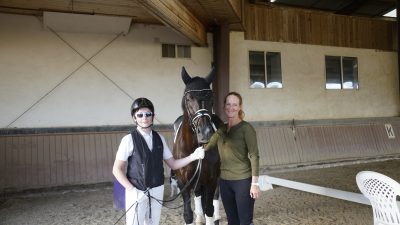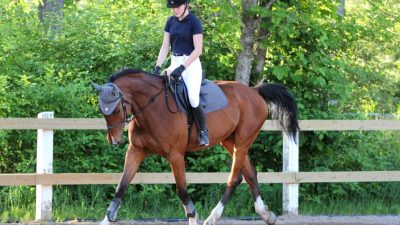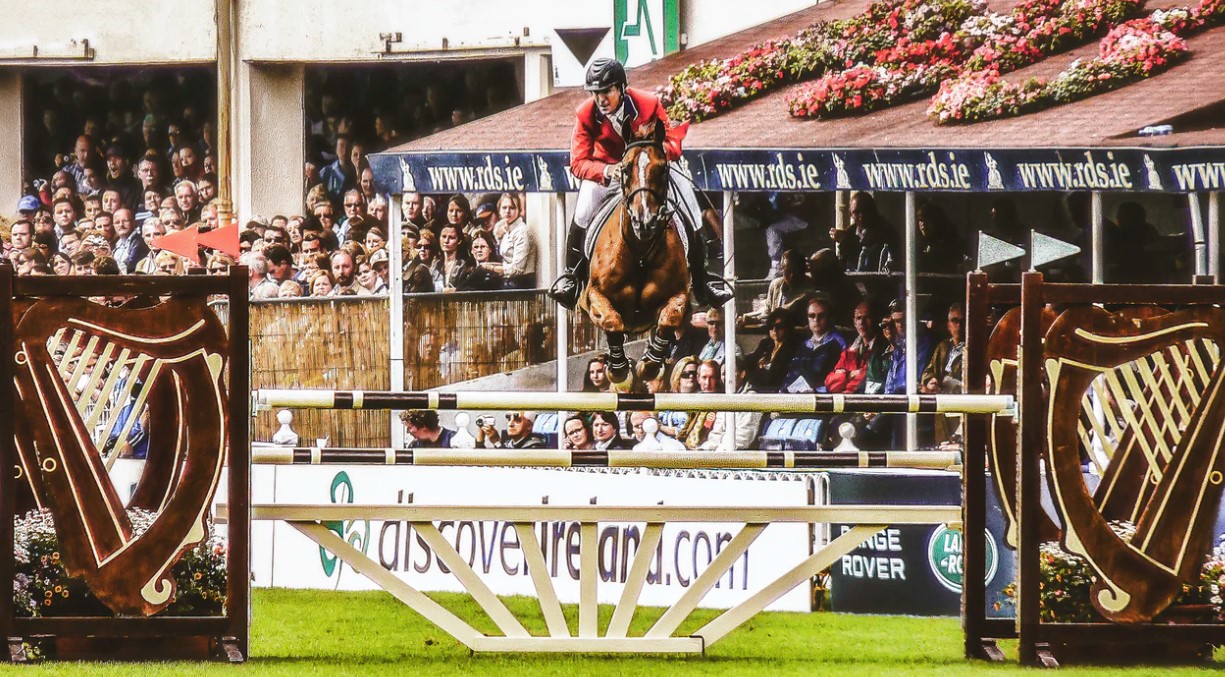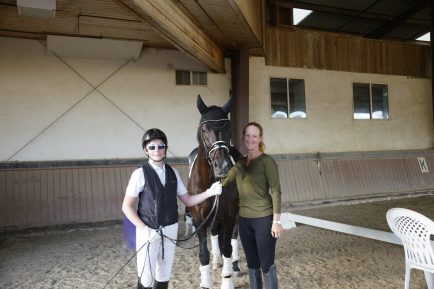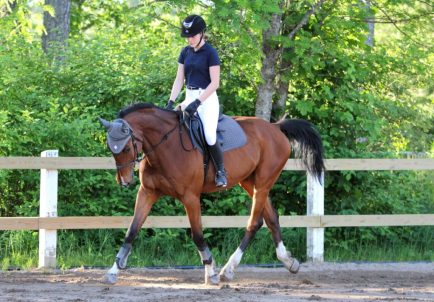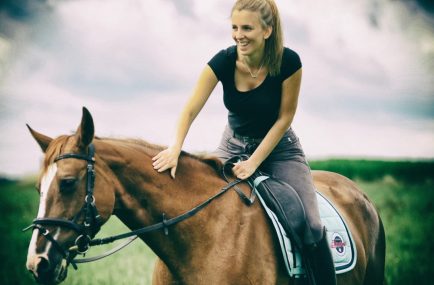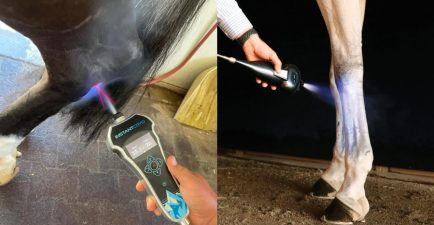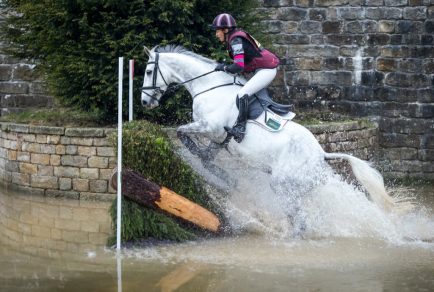Since its creation in early 2021, the USEF Amateur Task Force has worked to clarify and update the rules surrounding amateur and professional status for adult competitors at licensed events. US Equestrian is pleased to announce that the Task Force has completed its assignment.
The Amateur Task Force consists of representatives from across US Equestrian-affiliated breeds and disciplines, and through focus groups, member surveys, and comments received through the Amateur Task Force inbox, the members have worked to determine the most pressing concerns of US Equestrian members and propose fair solutions regarding the rules surrounding amateur and professional status for competing members. These classifications are primarily outlined in GR1306 of the USEF Rulebook.
In its first year, the Task Force helped to create several rule change proposals that addressed common concerns and were ultimately passed by the Board of Directors. The following changes went into effect ahead of the 2022 show season:
- Barn Duties: Amateurs may now accept remuneration for certain hands-on barn duties at home and on show grounds, including grooming, clipping, longeing, braiding, and tack cleaning.
- Social Media Influencers: The rule now defines Social Media Brand Ambassadors and Social Media Influencers and permits amateurs to accept remuneration for engaging in those activities.
- Teaching Basic Lessons: Amateurs in the American Saddlebred, Saddle Seat Equitation, Morgan, Arabian, Andalusian/Lusitano, National Show Horse, Paso Fino, and Western divisions are now able to teach basic riding lessons to beginner, non-competing riders in a part-time capacity under the supervision of a USEF member with professional status.
- Status Change for Young Professionals: Members age 25 and under who have engaged in professional activities may reapply for amateur status after a three-month waiting period, down from the previous 12-month waiting period. An individual may only use the three-month option one time, and the 12-month waiting period still applies to adults over age 25.
- The Family Rule
- The Amateur Task Force’s work continued into the first half of 2022 as they evaluated other segments of the rule and proposed changes based on member input. The main area of focus was the sections of GR1306 addressing activities that can or cannot be performed by amateur family members and cohabitants of professionals. These are commonly referred to as “The Family Rule” and were identified as a main area of concern for members.
- At its core, the rule is intended to prevent situations where a relative or a domestic partner of a professional is performing training duties but competing as an amateur. Under the rule, amateur family members of professionals aren’t permitted to work, train, or show horses owned by a client of that professional. However, they are permitted to compete as amateurs on their own horse or a horse not owned by a client of their family member. (Children under 18 are not affected by this rule as the amateur and professional designations only apply to adults.)
- Earlier this spring, the Task Force released a survey for USEF members to gather feedback specifically on the family rule. More than 4,600 members submitted their responses to the survey, and the results showed mixed views. Only 14% of respondents said that they believed the current rule needed to be modified, but the largest segment of responses, 42%, said that they were unsure if it needed modifications. The comments demonstrated a wide variety of viewpoints, and different understandings of the scope of the rule. View a summary of the survey results here.
- In response, the Task Force drafted new language that clarifies the rule and affirms that amateur family members of professionals are permitted to compete as amateurs as long as they are not competing on a horse owned by a client of that family member.
- “We felt it was really important to bring more clarity to this, and really talk about what [amateur family members of professionals] can do, not just what they can’t,” said Judy Werner, Chair of the Amateur Task Force. “This isn’t a change to the rule, but it clarifies that they’ve always been able to do this.”
- Amateurs as Licensed Officials
- Currently, amateurs are allowed to serve as judges, stewards, and other licensed officials without compromising their amateur status. This was flagged as a potential area of concern within the Task Force, and its members looked at several data points to determine whether to re-evaluate that part of the rule.
- The data showed that there had been no formal complaints made to the USEF within the last 10 years regarding the policy of allowing amateurs to serve as judges, and no rule changes proposed to bar amateurs from serving as licensed officials. Furthermore, over the past 10 years, an average of 25% of USEF-licensed judges across all breeds and disciplines have been amateurs. In that same time period, competition evaluations showed only 17% of the negative feedback regarding judges pertained to amateur judges.
- Based on this data, the Task Force determined there was not significant concern among the membership regarding amateurs serving as licensed officials, nor was there any indication that amateurs were not performing well as judges. For that reason, the Task Force opted not to propose any changes to that segment of the amateur rule.
- “I’d like to personally thank the members of the USEF Amateur Task Force for their dedication over the past 18 months,” said US Equestrian President Tom O’Mara. “I was impressed with the comprehensive outreach this Task Force made connecting with both our amateur and professional membership ranks, which created numerous avenues and opportunities for feedback. They were committed to reaching out to our members, engaging with our affiliate leaders, and listening with an open mind to ensure that the changes they proposed addressed the most pressing needs and concerns of the membership. Their work will serve as a model for USEF governance for the future.
- “We heard from our membership that they thought it was time for a review and thanks to everyone’s efforts, the Amateur Rule is now not only clearer and better suited to the current equestrian environment, but also serves our mission of maintaining a fair playing field while improving opportunities to bring more people into the sport.”
Original article: USEF Amateur Task Force Completes Work on Amateur Status Rule Updates | US Equestrian
www.royalequestriancollection.com – check our website to purchase and enjoy our products for your horses and you.









